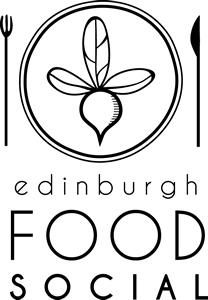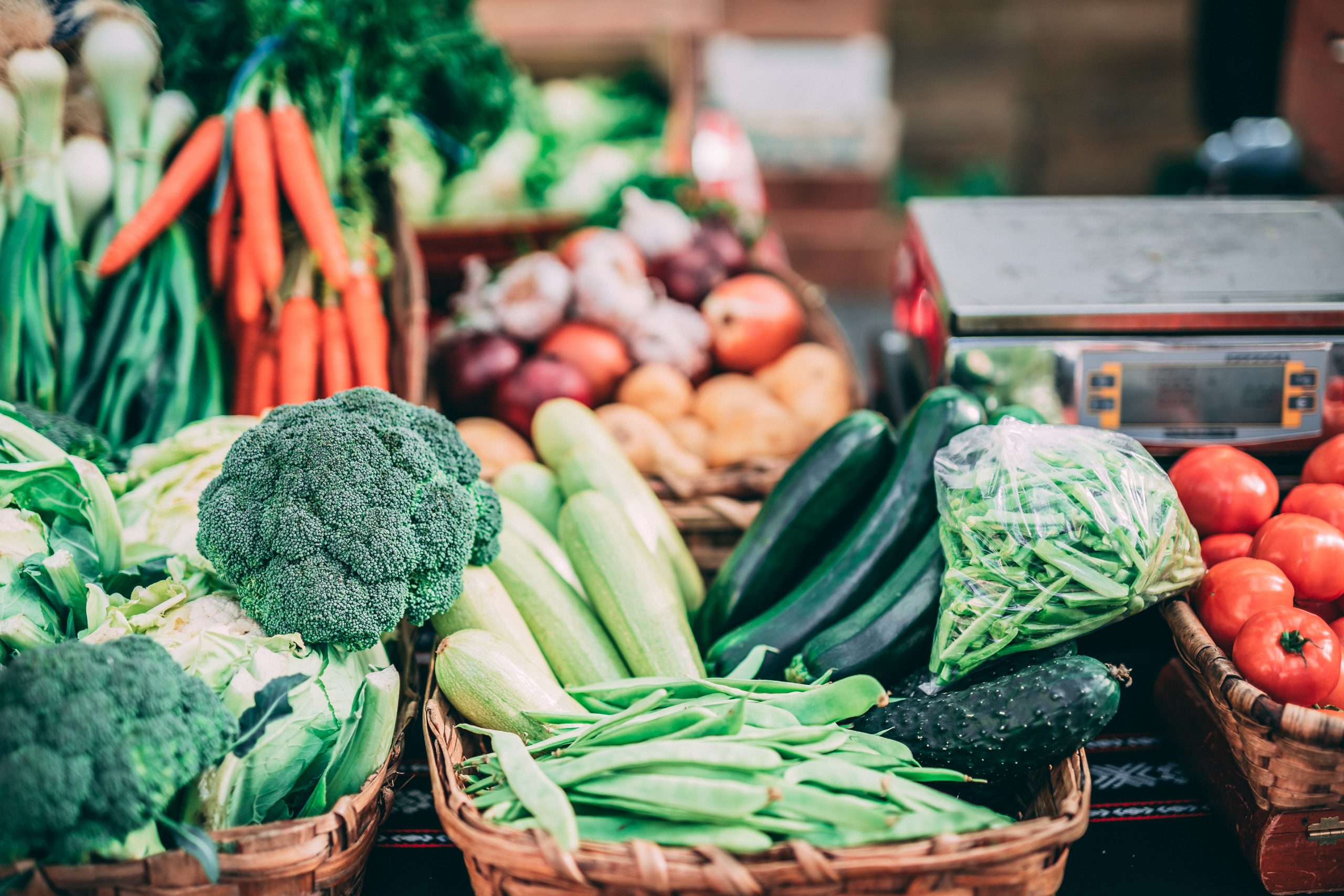Last autumn we were pleased to welcome a new chair to Edinburgh Food Social! Now settled in, Dakota tells us a little bit about themselves.
Please introduce yourself and share a few facts that let us get to know you a bit.
My name is Dakota and although I’ve called Scotland home for many years I grew up Canadian-Polish. I have always focused on Human Rights in my education to the postgraduate level and in my professional life where I have focused primarily on marginalised groups and food poverty. I love fitness, reading, languages (of which I speak several and I am currently relearning Gaelic) and spending time with my dog.
How did you hear about EFS? Why did you want to get involved with the organisation?
I heard about EFS through working with other charities in Edinburgh and instantly fell in love with the aims of the organisation and the proactive approach to countering food poverty. As someone who has lived experience of this, I know the impact it can have on all areas of life and wellbeing. Furthermore, as someone passionate about sustainability and local eating, Edinburgh Food Social embodies much of what I am most passionate about.
EFS core values are community, dignity, and sustainability. What do these mean to you in the context of food culture?
For me, community is vital to tackling food insecurity; by ensuring a community-driven approach we can encourage greater change whilst positively influencing the mental health of community members. This is particularly important given the ever-increasing isolation many -especially marginalised individuals- are dealing with in the modern world.
Having worked in the third sector with multiple lived experiences I have seen first-hand from both perspectives the importance of a dignified approach, one that does not seek to judge or define an individual for their background, situation or choices. By valuing everyone as an individual and acknowledging everyone has something to teach and bring to the table, we can grow and improve our services, and the community as a whole, in a sustainable and inclusive way.
Sustainability in food culture can mean two things to me. Firstly, it is about ensuring the environment is respected and supported by our actions. This is particularly important given the current tendency to not use sustainable food. Food from local and ethical sources is central to combatting climate change and improving the health of individuals and communities. The other aspect of sustainability that is important is building services that have long-term positive impacts. Foodbanks are increasingly playing a vital role in safeguarding and food provision; however, they are struggling to provide a sustainable solution to the key issues they are addressing. By using education as a tool, Edinburgh Food Social plays an important role in helping to break the cycle that many find themselves in.
In your opinion, what is the most interesting part of the work EFS does?
I find the classes for children so special. I know so many people who have grown up in disadvantaged environments where cooking never happened and because of this they never learned to cook, or in some cases even eat healthy food. By tackling this cycle, Edinburgh Food Social is often breaking a generational problem in a way that I believe is truly spectacular.
What’s your favourite thing to cook and/or eat?
I have been a vegetarian for about 15 years and love most vegetarian food. My go-to meal is a mushroom stirfry because it’s quick, tasty and delicious. I also really enjoy trying new dishes, particularly from other cultures.




